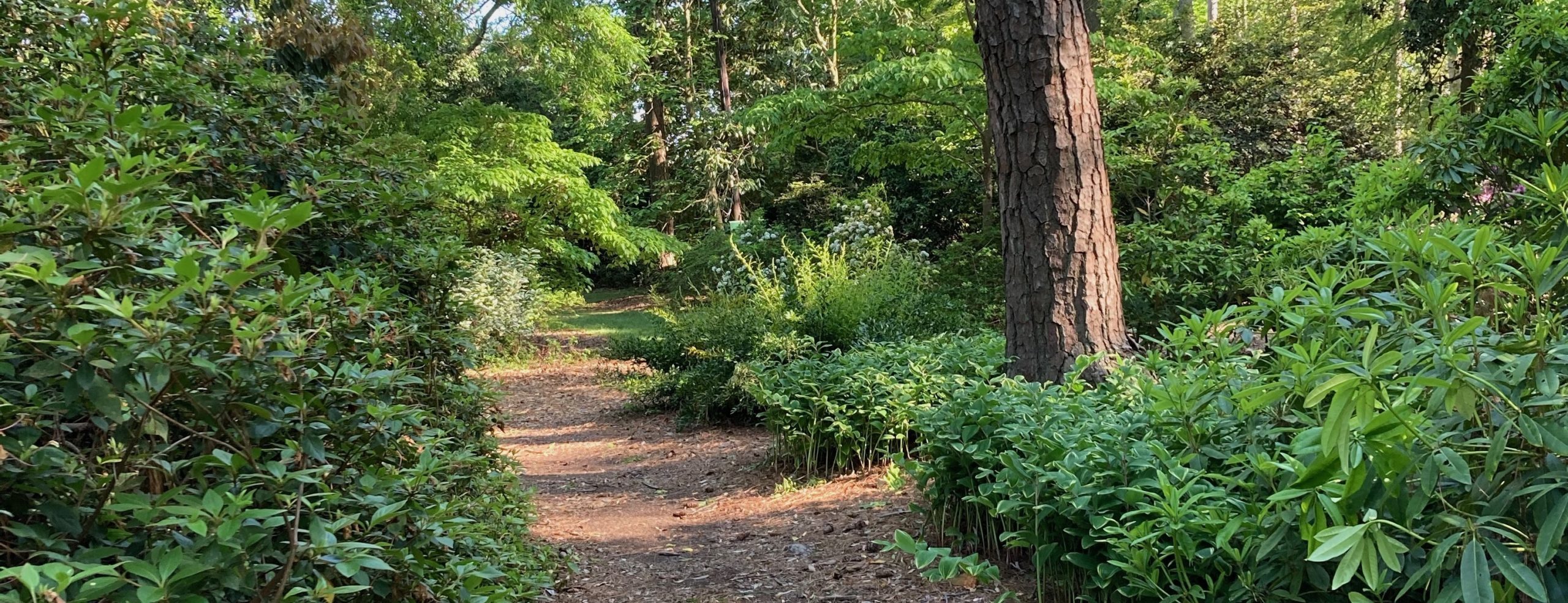This week is the 9th Annual Hampton Roads Writers Conference, an event I always attend. Between the guest speakers, publishing agents, breakout sessions, contests, critiques, and networking opportunities, it’s worth every penny. While I’ve been attending these for a few years, it’s only been in the past year that I’ve begun to seriously query agents and seek a publisher for my novel, and only in the last ten months that I’ve been writing short stories. As a writer who has yet to sell her first work, I am always in the market for new learning experiences, as well as a chance to talk to other writers who are in a similar position or who have actually found an agent and are now among the ranks of the published.
Even so, as someone who prefers the shadows to the spotlight, two-and-a-half days of non-stop interaction with all these other people in a high-energy atmosphere is exhausting, and more than a little overwhelming. By the end of the conference, I am fit only to slump on the sofa with a glass of wine (or more likely a shot of Sambuca) and say in my oh-so-eloquent way, “Wow. Just ….wow.”
This year, the conference planners have added an optional four-hour “Boot Camp” to the first day on the agenda. Of course, I signed up. I expect it will be worth the additional sensory overload, and hopefully will give me a boost toward polishing my work and finding my niche.
I did enter one of the contests (I’ll let you know how that turns out), but I didn’t enter the critiques this year. I’ve been selected every other time I’ve attended, so I thought it might be nice to take a break this year. I did sign up for pitch sessions with two of the agents, even though I’d already sent a query letter to another rep from one of these groups earlier this year. If this particular guest (who happens to be the owner of the agency in question) isn’t interested in my pitch, I can use my 10 minutes to ask related questions—like what is the best way to draw positive interest to my query among all the hundreds in the slush pile? Or shouldn’t the narrative of a story fit the tale and its lead character? In other words, does a story have to use eloquent prose if the protagonist is someone who speaks in plain, ordinary language and wouldn’t know how to use Big Words or evocative turns of phrase? Or how does an agency and the publishing industry feel about self-published works? I know what they have said in the past, but with works like The Martian and Sleeping Giants finding not only a huge market for their originally self-published works, but movie rights as well, is that opinion changing to any extent?
In past years, some of the breakout sessions have included writing exercises; I hope this time will be no different. Writing prompts can really break me out of a rut and give me a whiff of new idea that might turn out to be a great short story.
I am not one to seek crowds large or small, nor am I fond of small talk and ice-breaking. The shy side of me dreads these encounters, while the writer in me looks forward to conversations with like minds for months. I always come away from interactions with other writers excited, enthused and inspired. I’m sure next week, you’ll hear all about my experience. In the meantime, wish me luck with my pitches and that contest entry!

It all sounds exciting, and–as you say–exhausting. My natural introversion, coupled with my age, weigh on the side of exhaustion. However, there is something energizing in that kind of intense exchange with people of like minds–even if there always seem to be too many of them at anything called a ‘”conference.”
I went through a period in my middle years when I came out of that natural isolation and could actually enjoy professional conferences or retreats. Today, I tend to do each of the things you point out–querying, pitching, editing and being edited, looking for a publisher, one at a time and basically by myself.
The exception is editing. I always want at least one person other than me to take a hammer and chisel to anything I write.
The whole world of publishing is so different from what it used to be, and I think that’s the good news and the bad news. The good news is that, because of the co-publishing or hybrid model that many publishers have added to their options, many good writers who otherwise would never have found a publisher, are able to see their books in print. The bad news is that, almost without exception, that means a large amount of money paid up front to the publisher.
And then there are the places like CreateSpace and Amazon’s Kindle Direct Publishing that basically help you to self-publish. Some are better than others, all are dependent on what you put in. And that raises the issue of editing. We all need at least one good editor.
And the cost to the author up front is NOTHING.
I have one book, published by a publishing house, two through kdp. No question about it. The product from the publishers is far superior.
For the moment, because I want to keep writing, and–age and budget taken into consideration–I suspect I’ll continue to sell my soul to amazon for the immediate future.
Dean, what you say is on-the-nose, and right up there with everything I learned at this year’s conference. I’m considering the self-publishing angle, but want to give traditional publishing everything I’ve got first.
You’re spot-on with the whole tired thing, and being introverted. Check out the blog post from today’s update. I had something to say about it there.
Thanks for being such a faithful reader!